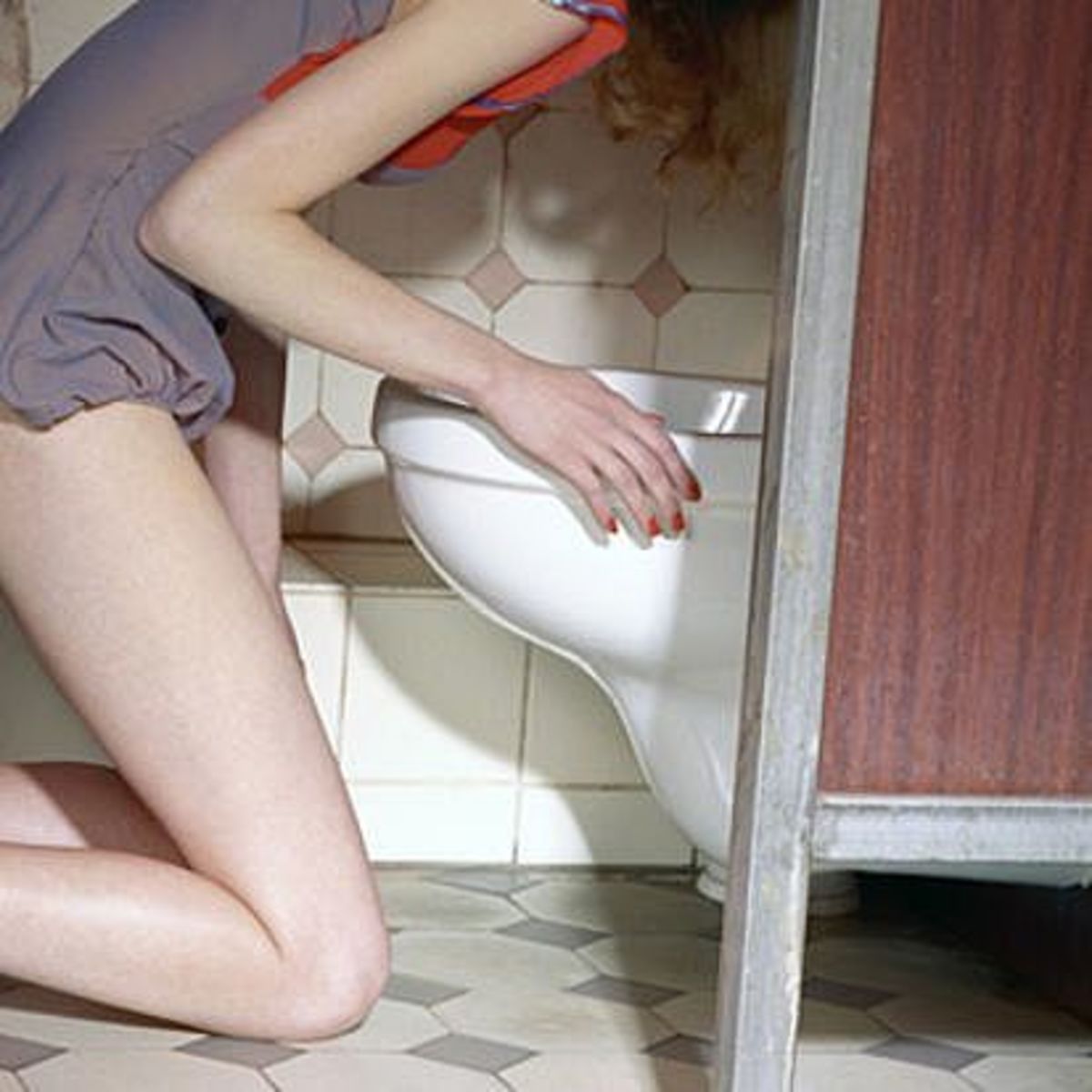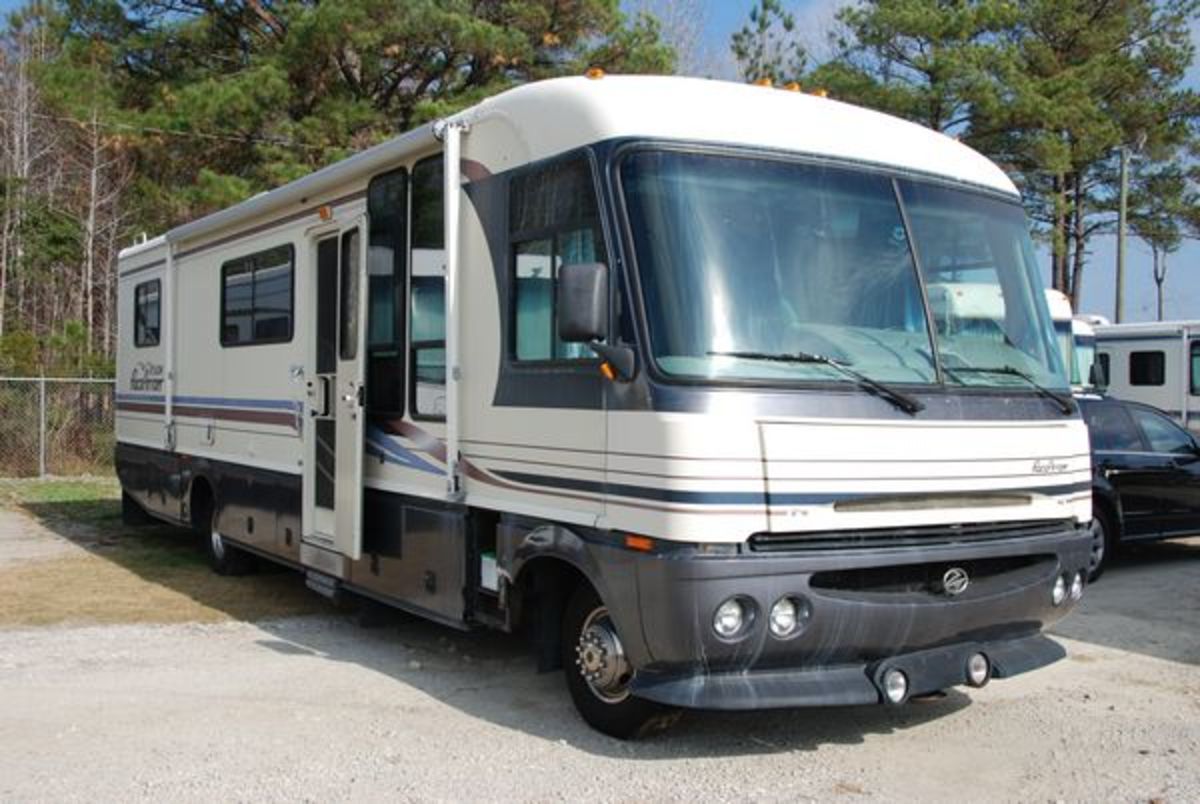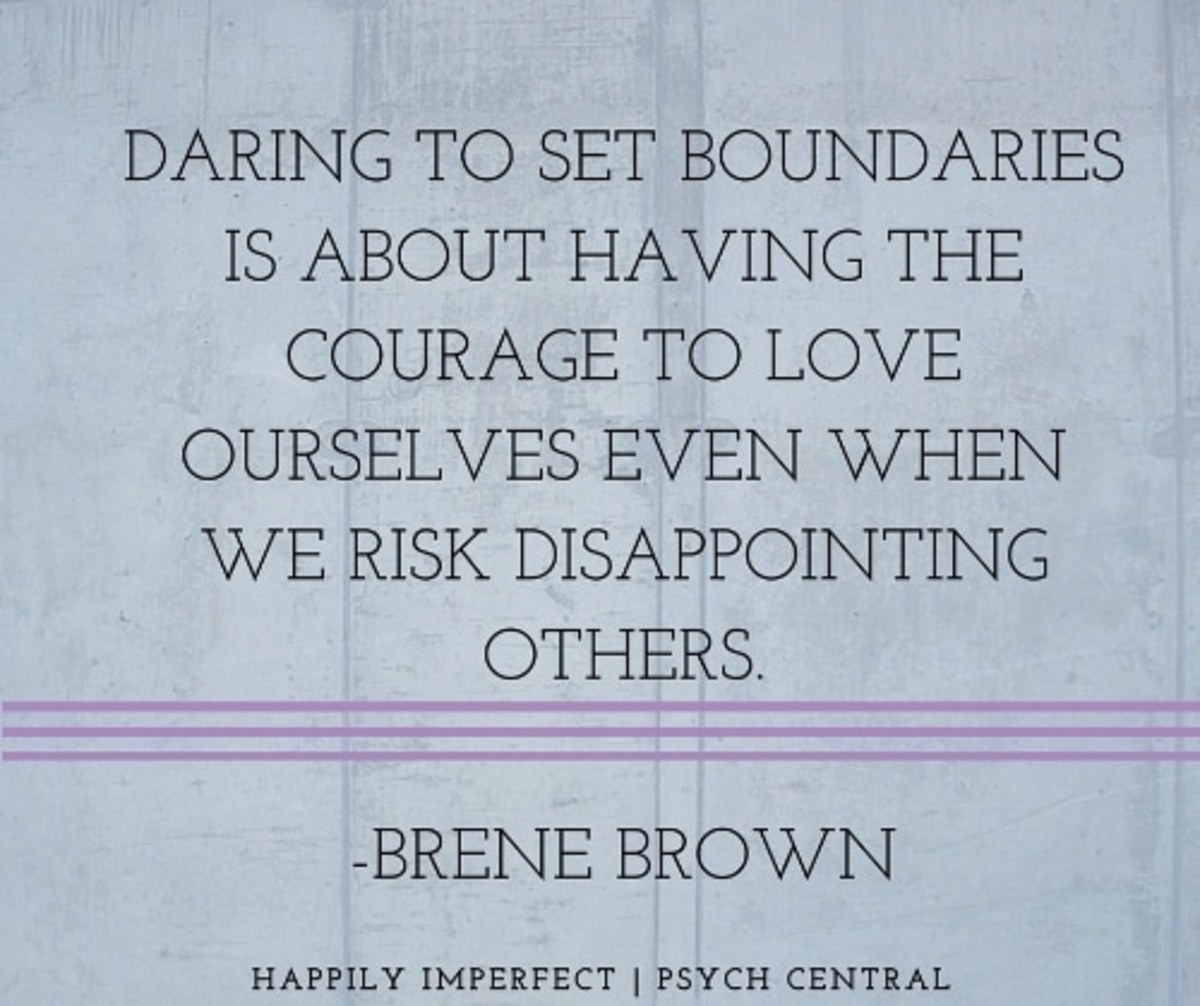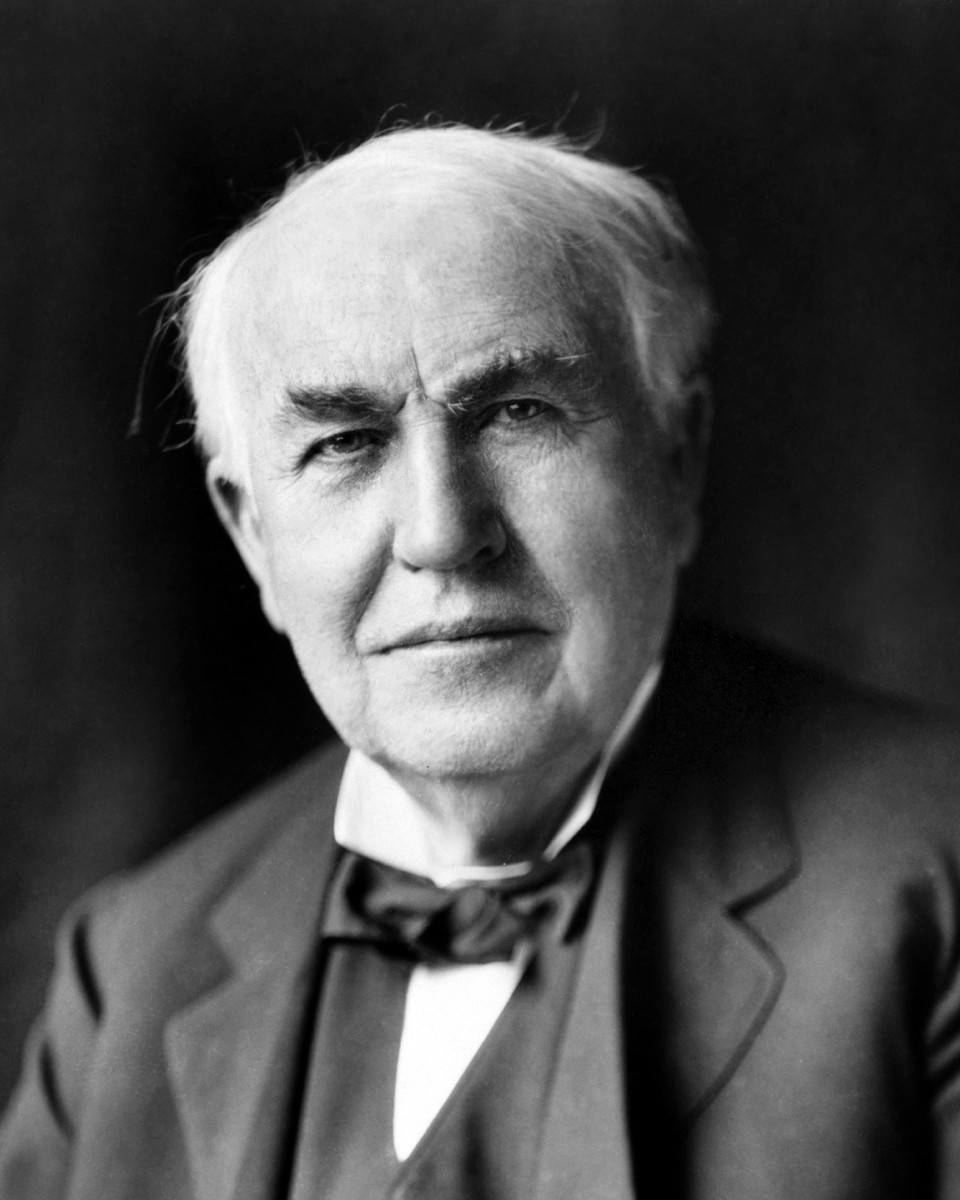Why I Stopped Using Checklists for My Mental Health
Dear checklist
I hope you’re doing well.
Please know that this letter was tough to write, and I’m sorry. The truth is it's me, not you. I enjoyed our time together. But I’ve learned that I have a problem with dependency. I need to learn to trust myself before I can trust myself.
PS. I hope we can be friends. I just need some space first. I’m sure you’ll understand.
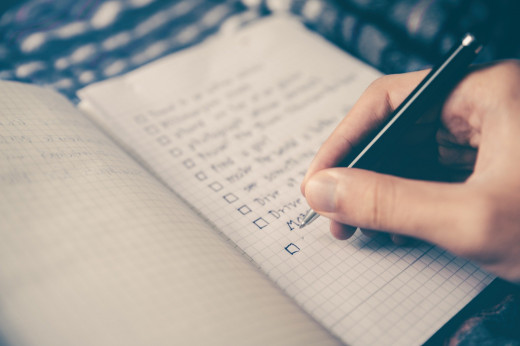
A rocky past
At school, I was always a bit of a goody-two-shoes. For some unknown reason, getting good grades and finishing homework was a priority. Oh, the good old days.
Unfortunately, this so-called “drive” clashed with an almost hereditary absent-mindedness. There seemed to be no end to the number of things I could forget. Leaving books on the kitchen counter was a daily occurrence, and even my entire school bag.
These two things could not peacefully coexist. By the time I got to high school, I’ve had enough of the embarrassment. There are only so many times that you can wander through the school looking for the glasses perched your hair.
After constant pestering by one of those puritanical teachers, I gave to-do lists a try. And I thought I fell in love.
Finally, I did not need to continually look over my shoulder to figure out what I forget. The list would do that for me. The rush of endorphins for getting things right hooked me. Soon we were inseparable.
Needless to say, the relationships have now soured. I wish I could blame it all on grad school where the work never stops, which certainly didn’t help. To be honest, it was probably a number of factors that drove me to search for order in a slightly chaotic world of a freelancer/grad student.
Don’t misunderstand me. I still think that to-do lists can be handy productivity tools. After all, they are an excellent way to organize your thoughts, plan your work, and keep on track with work and deadlines.
General consensus suggests that checklists are more effective when you use them for specific tasks, including:
-
Team projects during which different members are responsible for distinct deliverables.
-
Analysis of processes and operations.
-
Examining objects or work for faults.
-
Tasks in which each step is critical and where the steps need to be completed in a specified order.
-
Briefs or other documents containing instructions on how to perform a task
In some of these cases, I think it’s safe to say that checklists are crucial. The rationality and deconstructive nature of lists can be incredibly beneficial.
But you know how that old saying goes or should go, don’t ever let the tool become the master.
The problem arises as these lists start taking up more and more space in your life. Soon I was writing lists for holidays, for packing, for laundry, for weekends, for showering, for pretty much everything.
I have a theory that they have begun to reproduce of their own free will.
Now I see lists everywhere. Tiny checkboxes float in the air like motes of dust, always in the background, and sometimes in the foreground. Life became one extended mission to draw as many checks as I can. (Fifty so far today).
Sadly the bar for achievement points is still a bit hazy. But I digress.
Maybe it was my generalized anxiety disorder that opened the door, that said hey come on in. You know it’s just another compulsion to help the days crawl by. Writing down three pages of chores and tasks really helps lighten the load of crushing fear for a minute or two.
It’s not always as bad as that.
However, I don’t want my life to pass by while I worry about my own micromanagement.
My worth does not depend on the number of boxes I tick. I don’t have to finish my chores, my work, my thesis, my exercise, my meditation, the cooking, the cleaning, and so on before I can take a break. I don’t need to do it all before I can be loved or love myself.
I know cheesy, right. Yet I had to hear that today and maybe you did too.
Breaking the pattern
So why not just for today, try something different. Of course, I will give my recommended instructions in the form of a list:
1 - Pick up that list. (If it’s still only imaginary you can still do the same). Tear it out of your notebook if you have to.
2 - Take a good hard look at it.
3 - Breath in deeply. In and out.
4 - And then tear up that stupid piece of paper. Rip and rip and rip until it’s nothing but confetti littering the floor.
5 - Now, take a broom or anything else you have at hand to sweep up the scraps.
6 - And throw it in the fire! Sit back and relax and watch your expectations burn.
For once, let go of the search for perfection. Repeat after me: you are perfectly imperfect just the way you are.
Most importantly, I have learned that there is a time and a place for these things. Once the constant urge to tick boxes have passed, I can reassess and take another swing at it.
But in the future, I’ll use these tools with more care.
I learned that I need to resist the urge to reduce the substance of life to a few words on a page. Where’s the fun in that?
Alternatitve productivy strategies
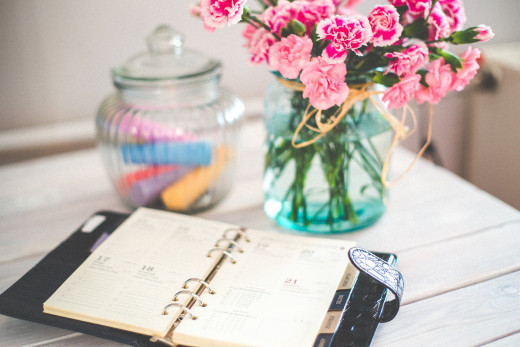
When my post-revolution euphoria started fading, the question suddenly popped up: what now? It’s all good and well to put conventional productivity and time management tools to the stake, but I still have to write that 5000 word chapter.
Sometimes all a person needs is a reboot. So that’s what I am doing as part of my New Year’s resolutions. To achieve this, I am going to try avoiding making more lists of boxes to tick.
Instead, I will find less conscientious methods for productivity with lots of experimentation.
One strategy I’ll try is, to not to lose perspective. Yes, that deadline for my article is essential. If I don’t hand any of my work in on time, I’ll run into trouble. However, in the scope of things, it’s a mote of dust rather than a monstrous crushing boulder.
Following some well-wrought advice, I am not going to divide my days and weeks into an endless march of tiny tasks. Alternatively, I am going to focus on a healthy and smooth routine.
My days will be divided into blocks. For example, I’ll spend one hour on any reading I need to do and two on my writing. Perhaps, I’ll schedule in an hour of grad work before lunch. Rather than restricting myself to specific tasks like a particular post or article, I will give myself the chance to choose at the moment which one would suit me best.
Sometimes I won’t be able to avoid a task I’m dreading. At least I want to give myself a shot at flexibility — a chance to get the most out of my work both in terms of quality and potential enjoyment.
I will undoubtedly use lists again one day. But I need a break first, at least a few weeks to break the habit. Once this is over, I will use them sparingly and only when absolutely necessary.
Taking back control
As societies and individuals, we have taken considerable strides in recognising addiction as a real and titanic struggle and providing assistance to those who are affected by it.
Yet we still have far to go in recognising the smaller patterns of obsession and dependence in our daily lives. Too many of us get caught in these loops of repetitive thoughts, actions, and compulsions that sometimes seem to border on addiction.
For now, it’s up to us to practice mindfulness in our lives. And to keep your eyes open for any lurking anxieties and bad habits that are waiting to dig in their claws.
I don’t recommend throwing out all your lists and banning the entire practice. Lists can be good. Lists can be handy. But don’t let them rule you. Don’t let them become more important than their purpose. In other words, don’t become a "listmaker."
This content is accurate and true to the best of the author’s knowledge and does not substitute for diagnosis, prognosis, treatment, prescription, and/or dietary advice from a licensed health professional. Drugs, supplements, and natural remedies may have dangerous side effects. If pregnant or nursing, consult with a qualified provider on an individual basis. Seek immediate help if you are experiencing a medical emergency.
© 2020 Anrie James


